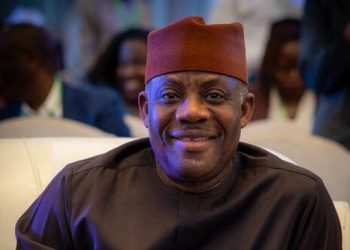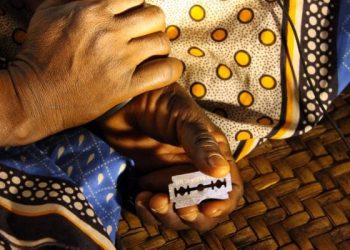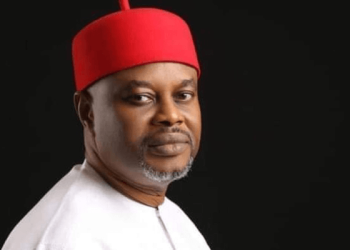In conformity with the Electoral Act 2010 (Amended), the Independent National Electoral Commission has blown the whistle for the 2015 general election. Going by its timeline, campaigns for presidential and National Assembly elections will commence on November 16, 2014, while campaigns for governorship and state House of Assembly elections will start from November 30, 2014.The timetable announced by INEC schedules National Assembly and presidential elections for February 14, 2015, and governorship as well as State Assembly elections for February 28, 2015.
Accordingly, political activities are in full swing as many aspirants are throwing their hats into the ring across political parties. But as always, Nigeria will be holding another multi-party elections at a time democracy remains fragile and democratic institutions are enfeebled. INEC, the electoral umpire, must do everything to save the shrinking democracy from premature death.
We have our doubts and fears. Democracy requires more than holding periodic elections. Since 1999, despite three successive elections, Nigeria has been experiencing continuing challenges in building and consolidating institutions, fighting corruption and ensuring good governance. What is usually passed as an election is a bullying government deploying state apparatus against real or imagined opposition to gain democratic legitimacy. And this is already happening as the Nigeria Police Force is making itself cheaply available to public office holders.
Under this cloud of uncertainty, there is palpable fear of regression into the dark past of vote rigging, violence and corruption. Many local and international watchers are already expressing their concerns as captured by the views of the French ambassador to Nigeria, Laurent Fabius, who said, “Now that new elections are coming next year, the challenges are tremendous. You (INEC) have (a) great responsibility towards Nigeria. The image of Nigeria is at stake…”
Indeed, it is not just the image of the country that is at stake, the reality of Nigeria’s corporate existence appears to be hanging in the balance unless the election results, particularly the presidential poll, are not only fair and credible, but are seen by the right-thinking stakeholders and observers to be so. As we once said, no doubt, elections in Nigeria have always been fractious, with grave consequences to the society. Ballot box snatching and violence have become the enduring hallmarks. Violence during elections tends to be an outgrowth of the elite’s struggles for control of state power and resources, and is much more likely when rules and institutions to manage political competition are weak or malleable. And just because no one is ever punished for electoral malfeasance and violence, a culture of impunity persists. This raises a troubling conundrum and puts a dark stain on the electoral process.
The conduct of politicians is equally critical in the outcome of the elections. Representative democracy cannot function properly without parties. Their winner-takes-it-all attitude is detrimental to a sound democratic process. The fault lines that constitute incompatible or irreconcilable beliefs among politicians, as well as the North/South divide, are all too evident again.
As for INEC, there can be no excuses again. It has used the governorship elections in Ondo, Edo, Anambra, Ekiti and Osun states as a test-run for the 2015 polls. With a biometric system that has reportedly cleaned the system of fraudulent registration and manipulation of voters, it is expedient for the arbiter to improve on its 2011 outing. The wishes of voters must be accurately reflected, something that has been in short supply since the 1963 elections tore into the fabrics of the polity.
Voters should ask politicians cogent questions and demand answers on issues that border on their well-being. These are the issues of unemployment, which stands at 23.9 per cent of the population (and 54 per cent of youths); rampant corruption and poverty, which the United Nations puts at 33.1 per cent. The electorate has the right to demand the manifesto of each party as it affects education, privatisation, health services and infrastructure development.
No government can perform without having a programme, and the electorate should scrutinise intending public office holders, determining whether they are fit to be entrusted with the people’s mandate. The issues of religion and ethnicity have assumed huge proportions in the country, but they should be properly situated as religious affiliation does not guarantee good governance.
As always, storm clouds are creeping back over the political horizon. INEC can’t afford to fail again. The National Assembly should move swiftly to remove all the legal hurdles hindering INEC from performing its functions creditably.For a society like ours, nothing must be spared to create a secure environment for an open and believable poll. The commission must be “cleansed of the bad eggs” as Jega pledged while unfolding his Strategic Plan 2012-2016 this year.












































